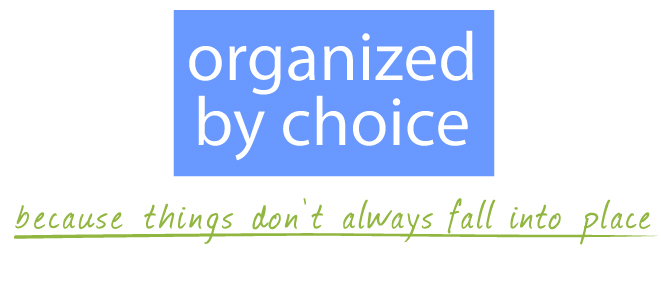“Happiness inside.” Yesterday I saw this slogan printed on the side of an Amazon truck. As a Prime member, I order my share of “happiness.” Most times though, I pick up the box from the porch struggling to remember what I ordered. Among those boxes there’s a small percentage of things that truly bring happiness.
My husband, being the fun grandpa he is, ordered a zipline for our backyard. It brings happiness to the observing parents, grandparents, and great-grandparents as well as to our granddaughters who swing through the air squealing with delight.
In some cases the shopping experience itself causes more happiness than the items purchased. In the online article, “Why Retail ‘Therapy’ Makes You Feel Happier,” clinical psychologist Scott Bea, PsyD. says, “Research suggests there’s actually a lot of psychological and therapeutic value when you’re shopping — if done in moderation, of course.”
He explains that even just browsing, scrolling online or window shopping, can release dopamine, the neurotransmitter in our brain known as the “happy hormone.” In that case it’s more about the anticipation of the reward than the purchase itself.
For those feeling down about circumstances beyond their control, choosing something to buy and making a purchase can boost the mood by restoring a sense of control and autonomy.
Retail therapy also provides a distraction from difficulties in life. “The smell of something new, the bright lights and colorful displays combine to create an imaginative, sensory experience that can remove us from our own reality, even for a little while,” says Dr. Bea.
As with many activities, shopping therapy has the capacity to boost happiness, but can also pull you down. Here are 6 Timely Tips to stay in control.
Timely Tips to stay in control
1. Box build up. Online ordering spiked with the advent of Covid. In addition to items we buy for pleasure or gifts, many of our staples are delivered as well.
Choose the Amazon delivery option that gets your orders together in fewer boxes.
Designate a place for packages waiting to be opened other than the entryway to your home. The laundry room or entry closet keeps them close, but not cluttering your living space.
Store a box cutter in the same area and take time to break down the boxes and place them in a recycle bin whenever you open a package.
Most Amazon returns don’t require the box, but if you need to keep it, store the box broken down and folded in the garage. Apply a sticky note saying what it was for and the date, so you know when to discard it.
2. No room for more stuff.
Ask yourself, “Do I have space for this right now?” If your rooms, cabinets, and closets are already maxed, happiness from your purchase will be short-lived when you have to cram it into an already crowded area.
Make space first. That usually means letting go of unused items, not adding on to the house.
Photo by Pixabay (Pexels.com)
3. No funds to cover it. If it’s going on a credit card that’s not getting paid off each month, the happiness from the purchase only lasts as long as it takes to get the bill.
Save up for your purchase. You can prolong the joy of anticipation when you wait until you have the money to purchase it.
4. Monthly subscriptions. These can be fun and useful, but if you have a backlog of makeup, craft supplies, or other monthly subscription items, they easily become clutter and burdensome instead of a blessing.
Cancel, use up what you have, and evaluate the benefit verses cost ($ and space) before re-subscribing.
Photo by Karolina Grabowska (Pexels.com)
5. Impulse Buying. With ads continually popping up, it can be hard not to go down the rabbit hole and end up with something you had no intention of buying.
Leave items in the cart overnight. If, in the morning, you decide not to buy it, you got the dopamine from the search without the stress of paying for and storing it. Win. Win.
Photo by Mikhail Nilov (Pexels.com)
6. Compulsive Buying. For about 5% of shoppers, shopping goes beyond retail therapy and buying what is needed. If you find yourself continually buying multiples and things you don’t need, purchasing items outside your budget, being secretive or feeling guilty about purchases, and neglecting work/family responsibilities to shop needlessly, consider talking with a mental health professional.
comical words
I wish retail therapy was covered by my health insurance. —Unknown






